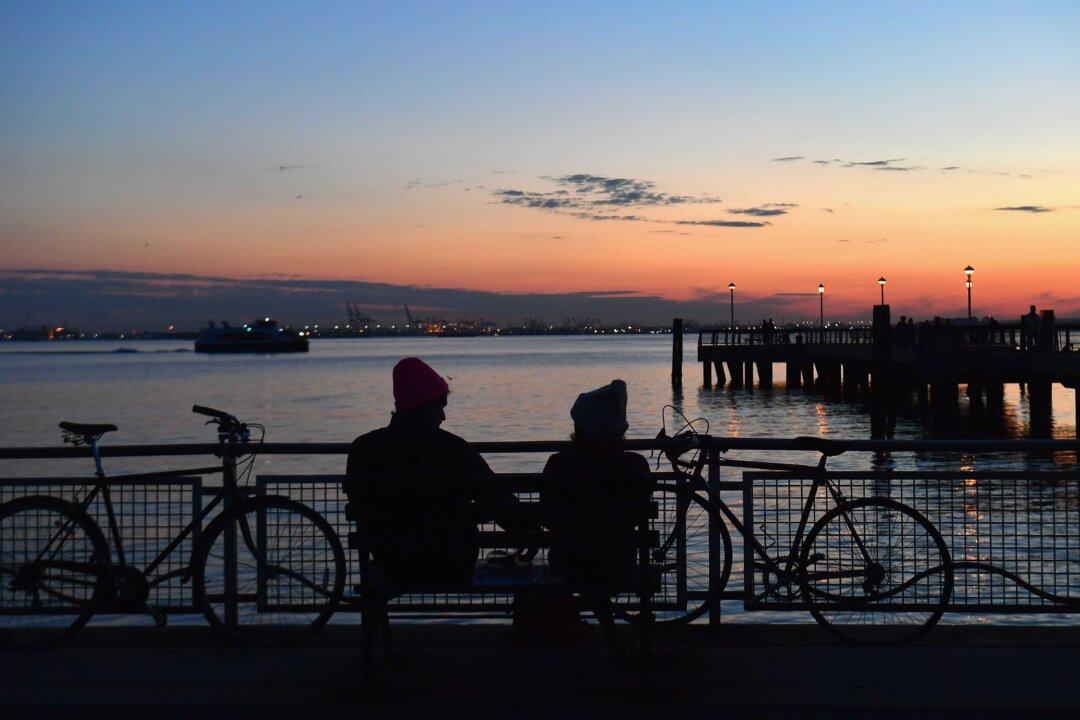Commentary
When Germany let smaller stores reopen, the expected didn’t happen. Officials thought that shoppers would burst out of their five-week lockdown and spend, spend, spend. They were wrong.

When Germany let smaller stores reopen, the expected didn’t happen. Officials thought that shoppers would burst out of their five-week lockdown and spend, spend, spend. They were wrong.